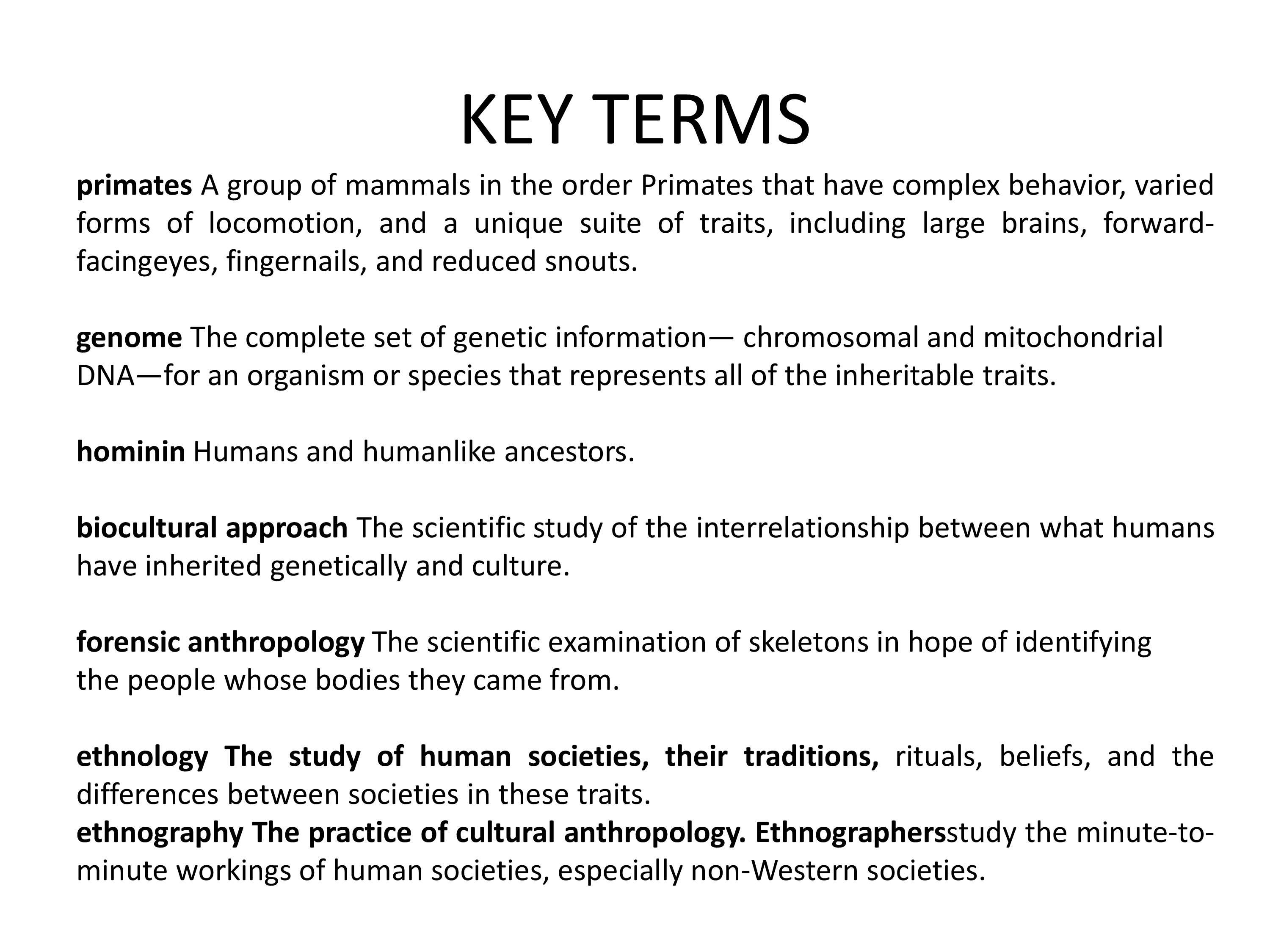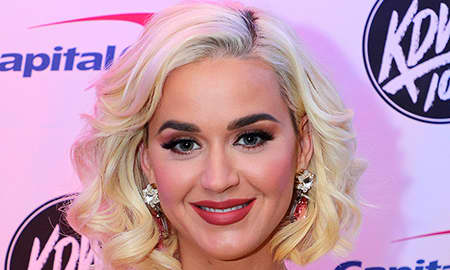
Popular Culture Journal is an interdisciplinarious journal that examines the intersection between popular culture, gender identity and social class. It has published articles on everything from lyrics to worldview to career. This magazine focuses on the intersections between popular culture and the social sciences, the arts, and humanities. It publishes six magazines per year.
Published six times a year
Six issues of Journal of Popular Culture are published each year in print. It is available in more that one thousand university libraries across the globe. It has a diverse range of topics to address. The journal's main focus is media and popular cultures. Popular culture was created in the past to give the common man a voice. But it was also a response to the culture of upper class. This journal explores the distance between the upper and the lower classes.
Popular Culture Journal publishes inter-disciplinary essays that examine various aspects of popular culture. The journal pays particular attention to popular culture's connections to race, gender, identity, and social class.

Includes articles regarding lyrics
Music has an universal impact on our perceptions, emotions and behaviour. Social scientists have been studying popular song lyrics for many years. They have investigated the connection between lyrics and basic social processes, like identity formation or perception. Here, I will focus on the role that popular lyrics play in these social processes.
Worldview
This book presents a guide for popular culture that is based on a Biblical worldview. It covers everything from celebrity culture and technology to journalism and cinema. It is concerned with the role of stories, narratives, beliefs, and their application in popular culture. It offers practical guidance for Christians to engage popular culture responsibly. It is an engaging, thoughtful read.
The Journal of Popular Culture publishes six times per annum and is available at more that one thousand university library libraries worldwide. Its articles reflect the most recent developments in popular culture, and also reflect on the role of popular culture within society.
Career
The past 20 years have seen dramatic changes to popular culture. The rise of the internet has made popular culture largely algorithm-driven. It reflects popularity metrics. This has put pressure on institutions of high cultural, who have responded with responses ranging from tolerance to resistance. Therefore, it is crucial to discover new ways of studying popular culture.

Current ethical issues
Contemporary ethical issues are a central concern in media today, especially in the realm of popular culture. This includes a rising awareness of environmental problems and the impacts of modernity upon the environment. Al Gore's An inconvenient truth and Live Earth, among others, have had an enormous impact on the world. These issues have been addressed in both films and books.
Consumer behavior is a major factor in many of the current ethical issues in pop culture. These popular representations involve a re-connection of fetishised high street goods with their producers, and call for consumers to recognise the origins and impacts of their purchases.
FAQ
Who invented the word Pop Music?
Frank Zappa invents the term pop music. He used the word pop music to describe his style of music.
He stated that he wanted music that was accessible to all. Pop music was what he called his music.
Zappa also created the phrase "You know it's POP when..." which means that something is really popular if many people enjoy it. For example, Michael Jackson's Thriller album is one of the best-selling albums ever.
Zappa's definitions of pop music are different than the current. Pop music is today all music. But, there were only certain types of music that was considered pop back in those days.
What can pop culture teach you?
Modern society places more emphasis on material possessions than other things. This is especially true of young people. They spend hours each day staring at screens. They watch movies, play video games, and surf the web. They lose focus of school work because they are constantly distracted by these distractions. This leads to them failing classes.
We live in a world where everyone wants to fit in. That means being popular. Popularity is dependent upon having money, clothes and other possessions. This makes it easy for some people to do wrong.
Technology has made us too dependent. Technology has given us access to all kinds of information. However, not all information is accurate. Many false rumors circulate on the Internet. These rumors quickly spread because people share them through social media. It's easy and quick to post something without verifying whether it is true.
People have lost the ability to think critically. They believe whatever they read on the Internet. They believe what they read in magazines or on TV. They stop thinking for them selves. They follow the crowd instead.
We lose control of our lives when we depend on others to tell we what's going on. Pop culture teaches that we should depend on other people. It also makes us lazy. The truth is out there, but we don't always find it.
What are examples of pop culture in 2021?
On the 11th of September 2001, two hijacked aircraft crashed into the twin towers at the World Trade Center in New York City. This day would be called 9/11.
The events of this day have impacted popular culture and continue to do so today. We can see the many ways that this event has influenced us.
It includes TV shows like 24, and movies like United 93. This tells the story about what happened on the flight from Boston (Mass.) to Los Angeles (Calif.) on 9/11. Dexter Filkins' book The Forever War is also included.
All of us can recall where we were at the time that we heard about the attacks. Some people got out of bed and went outside; others watched the TV or read newspapers.
Pop culture is constantly changing. It is an expression of society and a source of inspiration. What will the future look like for popular culture? We don't yet know. It will be completely different than the one before.
What examples are there of pop culture?
Pop Culture is the 21st century's art form. It encompasses all forms of popular entertainment, from music, film, TV, video games, fashion, advertising, comics, etc. The term was first used by Neil Postman in his 1985 book Amusing Ourselves to Death. Pop is a type of mass communication that relies on cheap tricks or formulaic devices to give the illusion of spontaneity.
However, he noted that most people do not experience true enjoyment because they have become conditioned to seek media experiences that make them feel superior to others. He claimed that young adults have lost their ability to think critically due to this type of cultural expression.
Pop culture can also refer to popular culture and consumerism.
What are some of the positive aspects of pop music?
Pop culture isn't all bad. For instance, it gives people something to talk about. Pop culture allows people to express themselves creatively. Pop culture can be used as a platform for artists to promote and market their work.
Pop culture's greatest asset is its ability to bring people together. Everyone wants to see the same shows. Everyone loves the same music. Everyone likes the same movies. Pop culture allows people to connect.
Pop culture can be unhealthy. For example, some films glorify violence. Some television programs make fun at people with mental disorders. And some bands encourage fans to do drugs.
So what should we do with the negative aspects of pop culture?
We should try to avoid the negative parts of pop culture. It should not influence us. It can lead to problems in our health. It can also lead to crime. It can even impact our relationships.
Pop culture should be considered as a way to help or hinder society. Is pop culture promoting good values or negative ones? Are people being influenced to do bad things?
Lastly, let's ask ourselves if we are content with the world we live. What do we enjoy about the music we listen too? The TV shows that we watch What clothes do we wear?
If we care about our future, we must take responsibility for our actions. It is up to us to choose the kind of world that we want. Then, we can choose which type of pop culture to follow.
Are Tik Tok and its pop culture?
The answer is yes! It's not just for teenagers anymore. Anyone can use these short videos to show how they feel, express themselves, and share life moments with friends.
Every day, the app is used by over 200,000,000 people worldwide. This number continues to grow by millions every single day.
TikTok gives brands the opportunity to build meaningful relationships and connect with customers through this amazing platform.
Many influencers have established huge followings on TikTok. These creators create original content to engage audiences all over the globe.
So what are you waiting for? Here are four options to help you take advantage this trend.
-
Make Viral Content
-
Engage Influencers
-
Use Visuals Effectively
-
Create with Your Audience
How do I use pop culture in my marketing strategy?
You need to examine the trends in pop culture to learn how you can use it in your marketing strategy.
Let's suppose you wanted to promote the release of a new film. What kind of promotion could you run?
You could make a trailer using clips taken from the movie. You could even find a clip with one of your products or services that you can use in the video.
Perhaps you could make a parody of the trailer with other films.
If your product or service is closely related to the movie's themes, you can create a campaign that follows the film's storyline. You might promote a product that can help astronauts remain healthy while in space.
If you had a business connected to the movie's theme, you could run promotions based on the plotline. If your company sells food products, you might offer customers free samples if they buy tickets to the movie.
Statistics
- According to CNBC.com, “more than 70% of the film's revenue came from countries outside the US” (https://www.cnbc.com/2019/01/08/aqua...nal-sales.html, ret. 8/18/19). (socialsci.libretexts.org)
- In 1987, US films captured 56% of the European film market. (socialsci.libretexts.org)
- [17][18][19]Definition[edit]According to author John Storey, there are various definitions of popular culture. (en.wikipedia.org)
- Yet a Nielsen study shows they account for 42% of the country's most-watched content on streaming services. courtesy Nielsen (npr.org)
- Less than a decade later, that statistic rose to 90% (Dager, n.d.). (socialsci.libretexts.org)
External Links
How To
Which companies have used pop culture in their marketing strategies?
Many companies have been using popular culture in their marketing strategies over the last few years. Here are just a few of them:
-
McDonalds - The McDonald's campaign was launched during the Superbowl in 2014, where they showed clips from movies such as 'The Big Short' and 'Inside Out.' They also ran an ad called "I lovin' It", in which they featured images showing people eating food and dancing to Drake songs.
-
Nike - Nike unveiled a Nike commercial featuring Kevin Durant as a basketball player in 2013. He claims he was inspired to play basketball by the movie "Space Jam".
-
Coca-Cola - During the summer of 2015, Coca-Cola released a series of ads called "America's Choice Awards." These were based on categories, including Best Movie, Best TV Show, etc. Each category received a 30-second advertisement at a fictional ceremony.
-
Google - Google had announced in November 2015 that it would sponsor Super Bowl for the very first time since 2010. This included launching a website called google.com/superbowl, allowing users to watch highlights from previous games. Google would display results from votes alongside current scores.